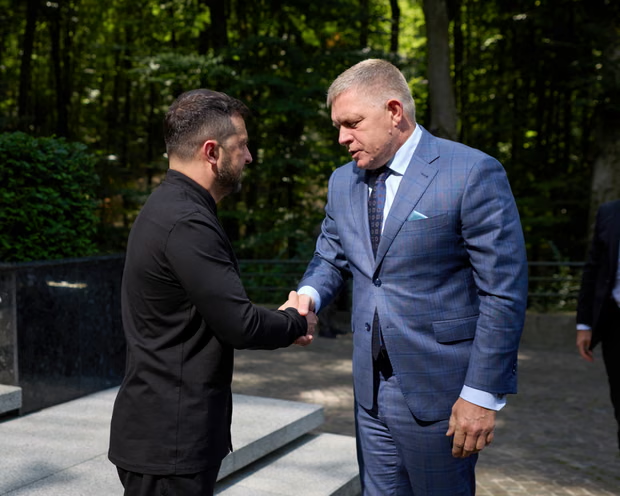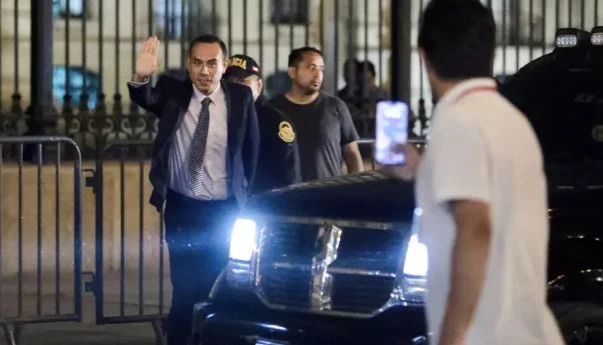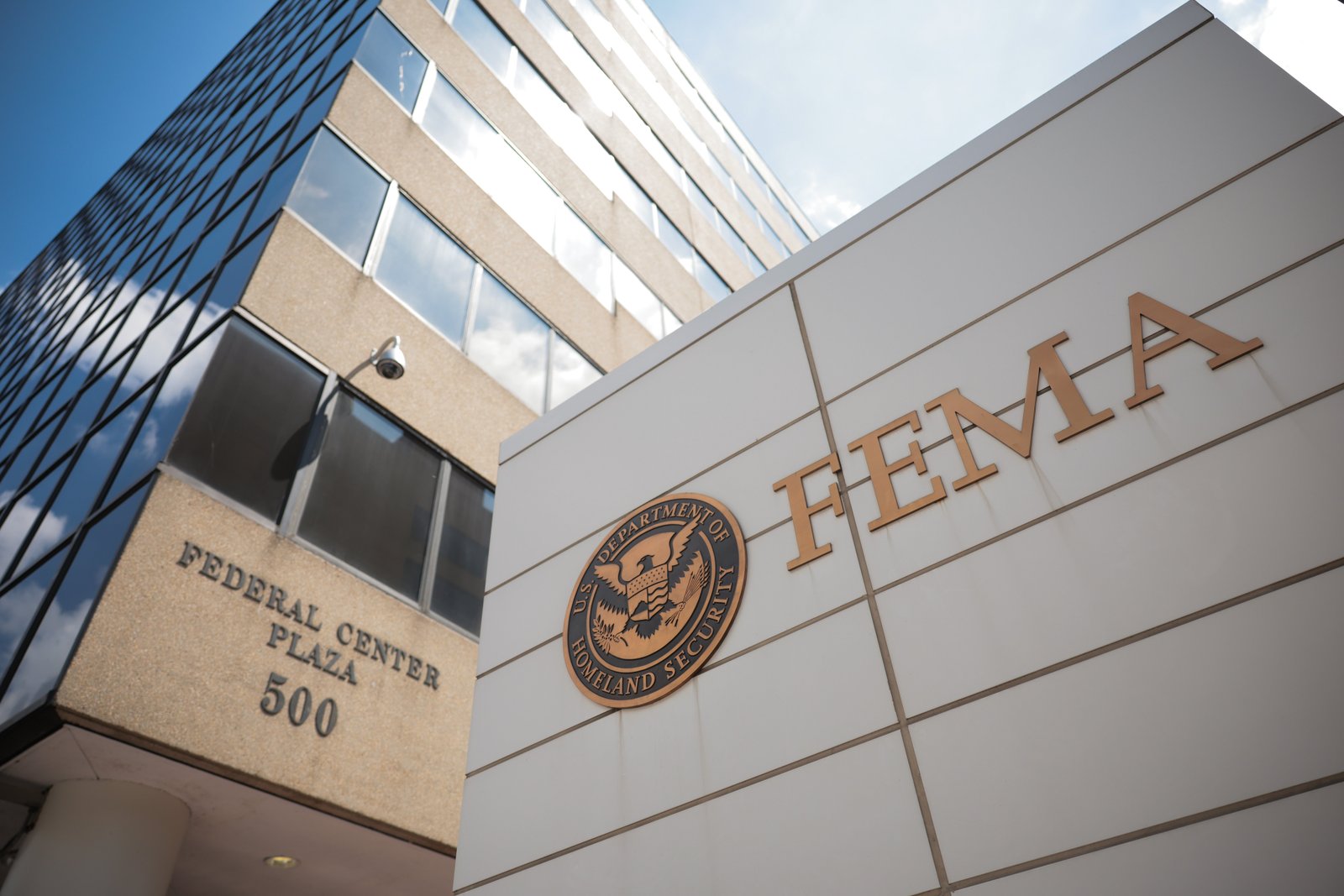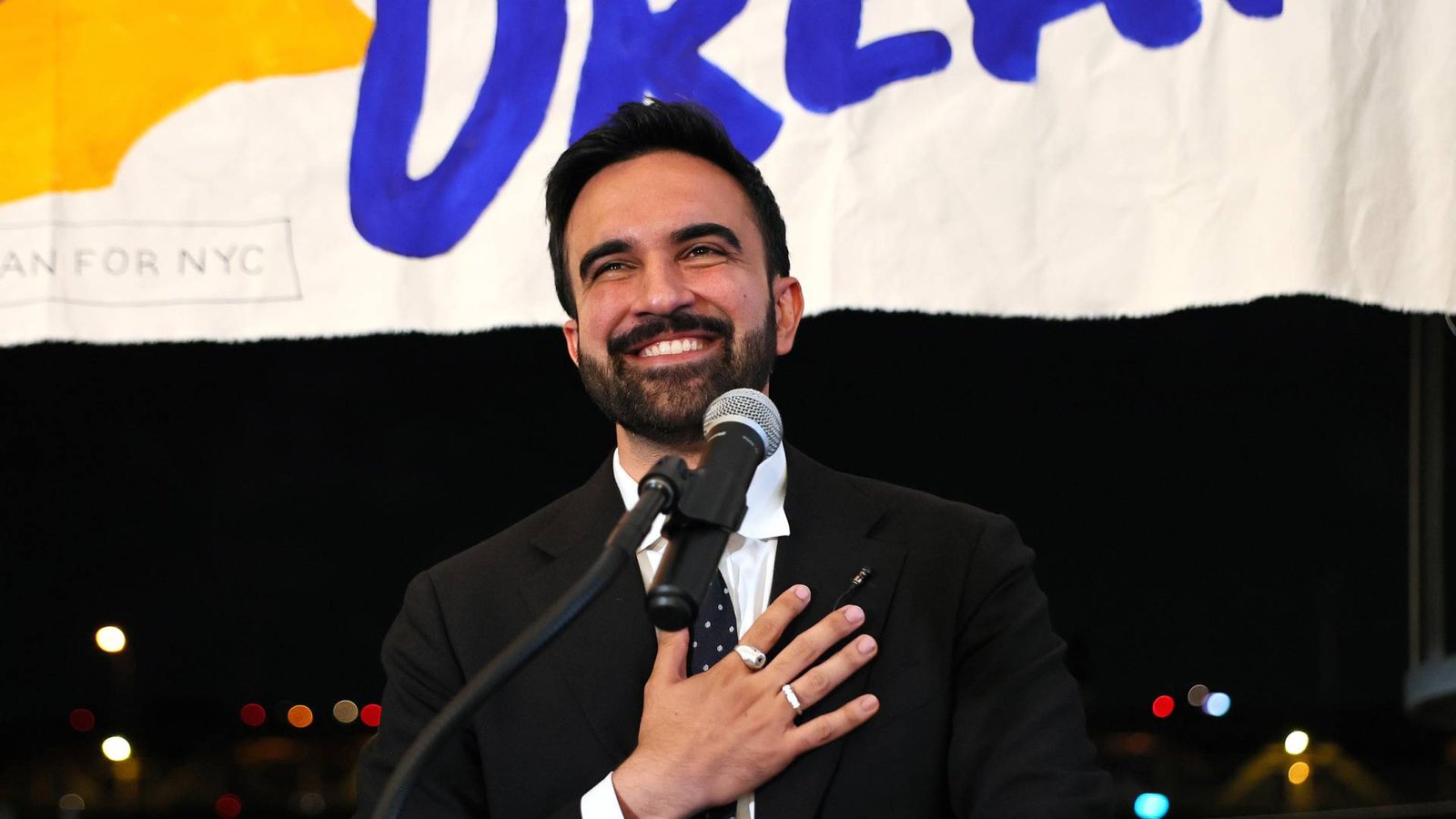Ukraine’s president, Volodymyr Zelenskyy, has pledged to continue responding to Russian attacks on the country’s energy infrastructure despite criticism from neighboring Slovakia and Hungary. Recent strikes on the Druzhba pipeline, which carries Russian oil through Ukraine to Slovakia, have disrupted fuel shipments to both countries.
Speaking at a joint news conference with Slovakian Prime Minister Robert Fico in Uzhhorod, Zelenskyy said Ukraine will continue targeting Russian energy assets. He urged Slovakia to cut off oil imports from Russia, framing retaliatory strikes as essential to defend Ukraine’s energy network. Despite criticism, Zelenskyy retaliation Russian energy attacks remains a priority for Kyiv.
Fico acknowledged differences in opinion regarding the war’s resolution but expressed hope for eventual normalization of relations with Moscow. He met Russian President Vladimir Putin in China earlier this week and said Slovakia is considering how to resume dialogue with Russia in the future.
Zelenskyy also discussed postwar security guarantees proposed by Ukraine’s allies. He said thousands of troops could be deployed under these guarantees once the war ends. French President Emmanuel Macron announced that 26 countries have pledged postwar support, including training, equipment, and potential international forces on land, sea, and air. “It will definitely be in the thousands, not just a few,” Zelenskyy stated after meeting European Council President António Costa.
Russia has warned that any Western troops deployed in Ukraine would be treated as legitimate targets. President Putin emphasized that such forces would violate Moscow’s objections to NATO presence on Ukrainian soil, and any deployment during military operations would face Russian strikes.
Canada’s Prime Minister Mark Carney confirmed that Ukraine’s allies are preparing new sanctions against Russia to increase pressure on Putin. “Mr. Putin is the cause of this war. He’s the reason for the killing – he is not going to dictate the terms of the peace,” Carney said.
Meanwhile, Belgium has cautioned against seizing Russian central bank assets frozen over the war, warning such a move could destabilize European markets. The majority of the €200 billion ($234 billion) in assets is held by Euroclear in Belgium. Belgian Foreign Minister Maxime Prévot called confiscation “likely to cause a terrible systemic shock” across financial markets.
Australia’s Ukrainian community has also called on its government to intervene on behalf of captured soldier Oscar Jenkins. The 33-year-old was sentenced to 13 years in Russia for allegedly being a “mercenary” after joining Ukrainian forces. Advocates warn he could become a “forgotten” prisoner if not included in future exchanges.
Despite international pressure and logistical challenges, Zelenskyy remains firm on continued strikes. The president stressed that defending critical infrastructure is essential to national security and maintaining energy flow for Ukraine and its neighbors. Ukraine’s strategy demonstrates that Zelenskyy retaliation Russian energy attacks is central to the country’s defense efforts.







